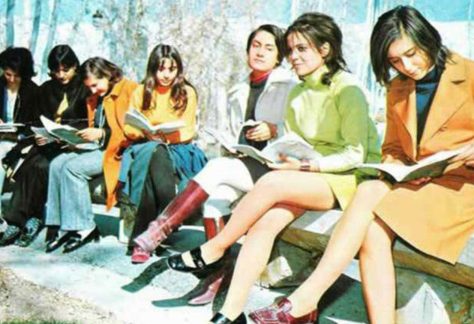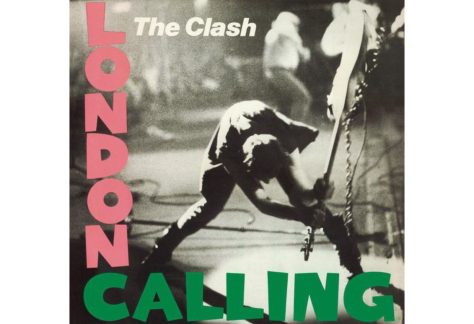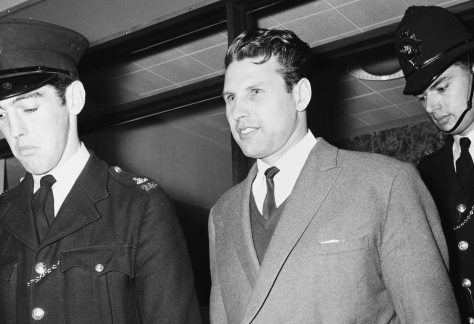
On this date in 1920, after it was ratified a year earlier on 16 January 1919, prohibition officially goes into effect, with the passage of the Volstead Act (also known as National Prohibition Act).
The 18th Amendment to the U.S. Constitution, prohibiting the “manufacture, sale, or transportation of intoxicating liquors for beverage purposes”.
The movement for the prohibition of alcohol began in the early 19th century, when Americans concerned about the adverse effects of drinking began forming temperance societies. By the late 19th century, led by pietistic Protestants, these groups had become a powerful political force, campaigning on the state level and calling for total national abstinence. In December 1917, the 18th Amendment, also known as the Prohibition Amendment, was passed by Congress and sent to the states for ratification.



The Volstead Act provided for the enforcement of prohibition, including the creation of a special unit of the Treasury Department.
Interestingly, not all alcohol was banned; for example, religious use of wine was permitted. Private ownership and consumption of alcohol were not made illegal under federal law, but local laws were stricter in many areas, with some states banning possession outright.
Despite a vigorous effort by law-enforcement agencies, the Volstead Act failed to prevent the large-scale distribution of alcoholic beverages, and organised crime flourished in America. In 1933, the 21st Amendment to the Constitution was passed and ratified, repealing prohibition.
💧 You might also like THE WOMEN OF IRAN VS HIJAB LAW.
⎯⎯⎯⎯⎯
Featured image: Getty.
Text: History, Wikipedia.



